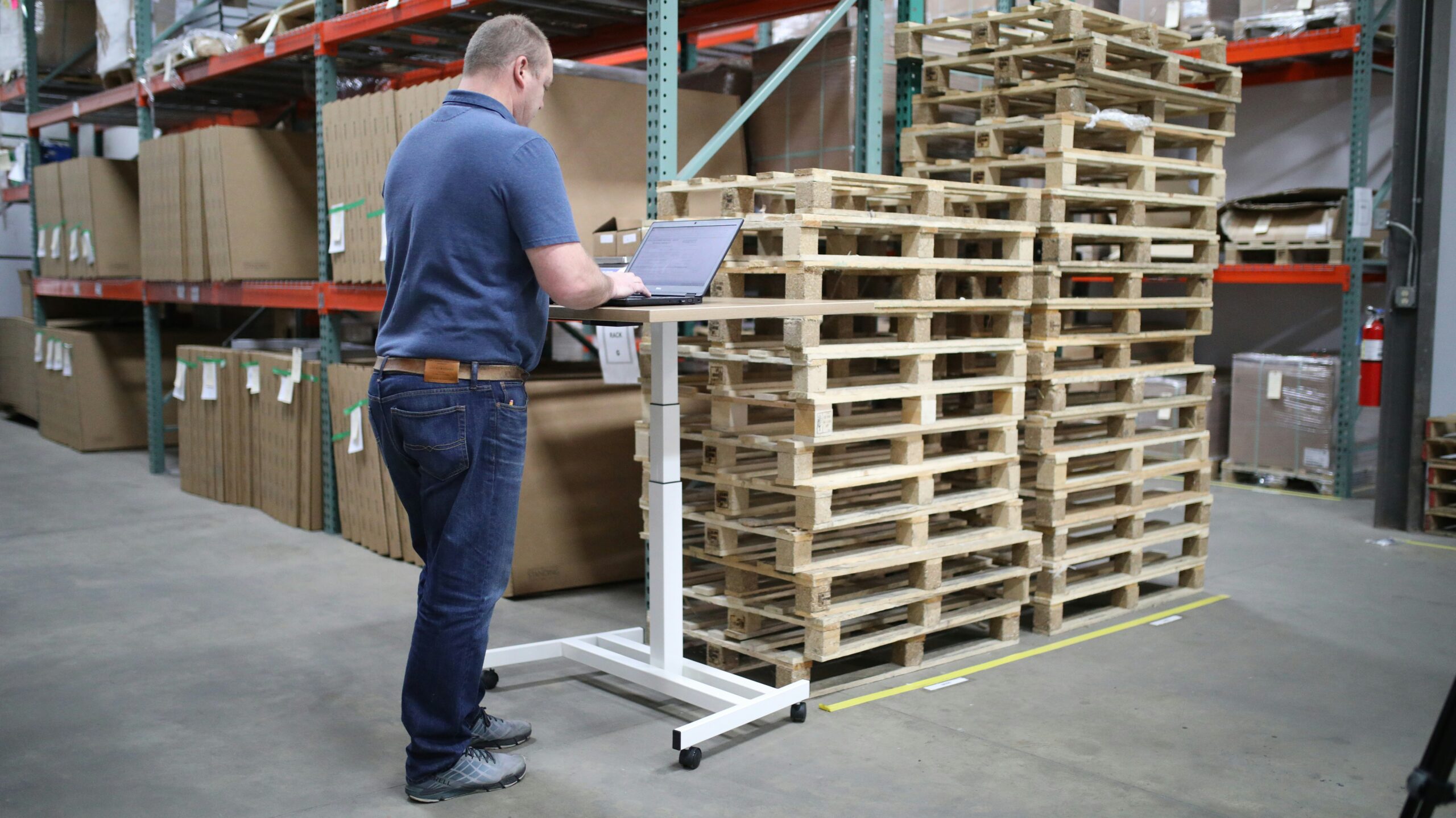Selecting the appropriate pallet management system is a crucial decision for any business. The pallet management procedures a company adopts play a significant role in determining its operational efficiency, safety standards, and overall reputation within the supply chain. An efficient pallet management system can help businesses avoid pallet loss, minimise damage, and improve supply chain performance. Ultimately, this ensures a smoother and more cost-effective logistics operation.
In this article, we’ll explore key factors to consider when choosing a pallet management solution, focusing on the advantages of partnering with reputable providers such as CHEP and Loscam for hired pallets.
Understanding Your Pallet Management Needs
Before choosing a pallet management system, it’s essential to first understand the specific needs of your business. Factors like transportation, handling, storage, and the overall flow of goods within your supply chain are critical. Depending on your location, such as in Brisbane or Melbourne, pallet management practices may vary to accommodate regional differences in logistics.
One of the most important considerations is ensuring that you have enough pallets available when needed. A shortage of pallets can result in delayed shipments, while an excess of pallets could lead to unnecessary costs related to hired pallets. Partnering with a pallet management provider like CHEP or Loscam helps you strike the right balance, ensuring you always have access to the pallets you need while avoiding unnecessary expenditure.
Assessing Your Business Requirements
Understanding your operational needs is crucial when choosing a pallet management solution. The type of products you handle, the volume of work, and your geographical and distribution networks all play a role in determining the best system for your business. For instance, businesses dealing with perishable goods or large volumes of shipments may require more advanced tracking and pallet management systems to ensure timely deliveries.
A reliable pallet management provider can offer tailored solutions that support your supply chain, allowing you to track the movement, location, and condition of your pallets. By choosing a provider who understands your specific needs, you can strengthen your market position and improve operational efficiency.
Compliance with Industry Standards
It’s vital to partner with a pallet management provider that complies with industry standards and regulations, both at the state and federal level. In Australia, pallet management companies like CHEP and Loscam operate within the framework of these regulations, helping businesses stay compliant and avoid legal issues.
In addition to national regulations, if your business involves international shipping, it’s crucial to choose a provider who can meet the standards for offshore logistics. Compliance with international shipping regulations ensures that you avoid penalties and delays associated with non-compliant consignments. Before finalising your partnership, make sure to verify whether the pallet management company you’re considering supports international shipping, especially if your business involves cross-border trade.
Benefits of Partnering with CHEP and Loscam
Both CHEP and Loscam are leaders in the pallet hire industry, offering sustainable and efficient solutions for businesses of all sizes. These providers offer a comprehensive pallet management service that covers the tracking and maintenance of pallets, ensuring that your logistics run smoothly without the need for constant monitoring.
Moreover, by using CHEP or Loscam pallets, your business can benefit from their extensive network and reliable supply chains, which can enhance your operational flexibility. This is particularly important for businesses that experience fluctuating demand for pallets or need a reliable provider to support seasonal peaks in activity.
CHEP and Loscam are also committed to sustainable practices. Their systems support environmentally friendly logistics solutions, which can help businesses align with sustainability objectives while reducing waste. This is particularly important for companies looking to adhere to the Australian National Packaging Covenant, promoting responsible packaging and logistics practices.
Conclusion
Choosing the right pallet management system can significantly impact the efficiency and profitability of your business. By partnering with trusted providers like CHEP or Loscam, you can ensure your business operates smoothly, without the burden of pallet shortages or damages. Additionally, working with a reputable provider helps you stay compliant with industry standards and international shipping regulations.
When selecting a pallet management provider, consider factors such as your business’s specific needs, geographical location, and regulatory compliance. A well-managed pallet system can streamline your supply chain, improve your logistics, and boost your reputation within your industry.
Looking for the best pallet management solution for your business? CHEP and Loscam are trusted partners offering a range of services designed to meet the unique needs of your supply chain. Visit their websites to learn more about their offerings and how they can support your business.
For more information, you can contact CHEP at www.chep.com or Loscam at www.loscam.com.



